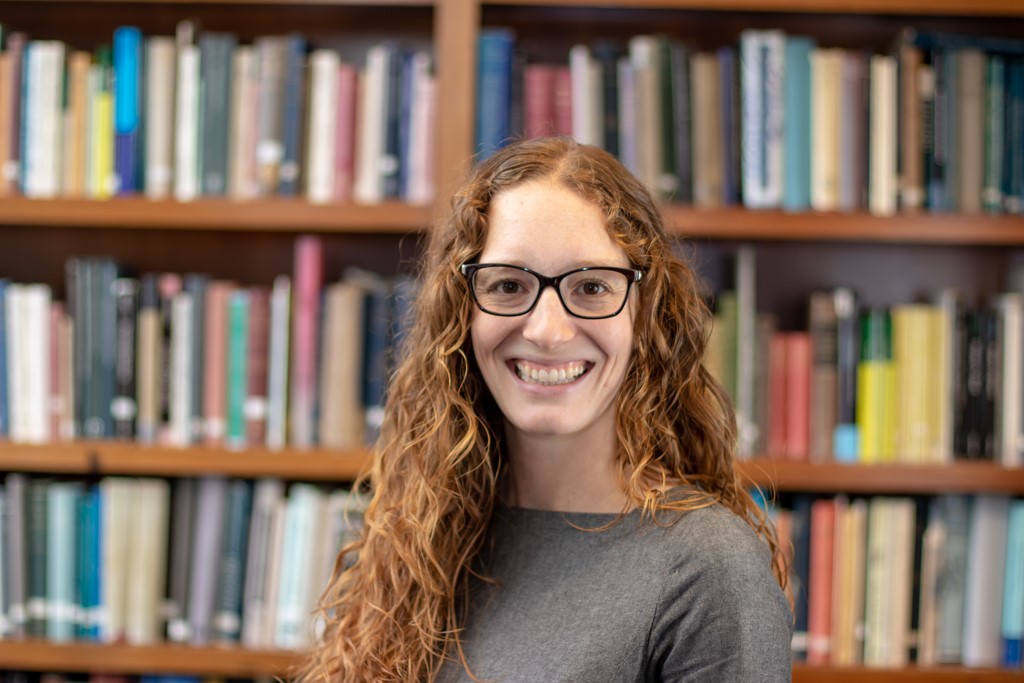
I was drawn to Classics—the study of the ancient Greeks and Romans—as an undergraduate in Long Beach, California because I found it profoundly meaningful to read a text that was written by someone who died thousands of years ago, and feel like I could relate to their experience. And yet, the world of the ancient Greeks and Romans and the peoples they conquered and colonized was unlike ours in ways as dramatic as the technological differences and subtle as the nuances of gender ideologies. In my research, I explore how ancient Greeks and Romans constructed and performed identities. I am especially interested in people who lived at the intersection of multiple identities, those on the fringes of mainstream Greek and Roman culture, and those who were subject to Roman imperial domination. We Classicists study and teach Greek and Roman antiquity not because we want to emulate it. Believe me, we don’t: this world was grounded in slavery, misogyny, and other forms of extreme violence. Nor do we study the past because history is some sort of impartial judge that can teach us the correct course of action in the present. Instead, we study ancient peoples and their literature both for the intrinsic good of knowledge, and because engaging closely with the questions they asked themselves can help us ask and answer our own questions more thoughtfully, with greater nuance, and with fuller perspective.
I am drawn to the Engagements curriculum because of its focus on the habits of mind that we use in the liberal arts. I ground my teaching practice in my belief that students aren’t here to learn content, but to learn how to think broadly and critically across the fulness of their lives. If we ask how ancient Greeks and Romans understood themselves, we must reflect on how we understand ourselves. Who are we, actually, and what does this mean? What responsibilities come with having access to a college education? With being humans on the edge of climate disaster?
As a native of California’s Central Valley, I have made my way east studying Classics. I live in rural Louisa County with my husband, daughter, and chickens on what is either a very small farm or a very large garden.
